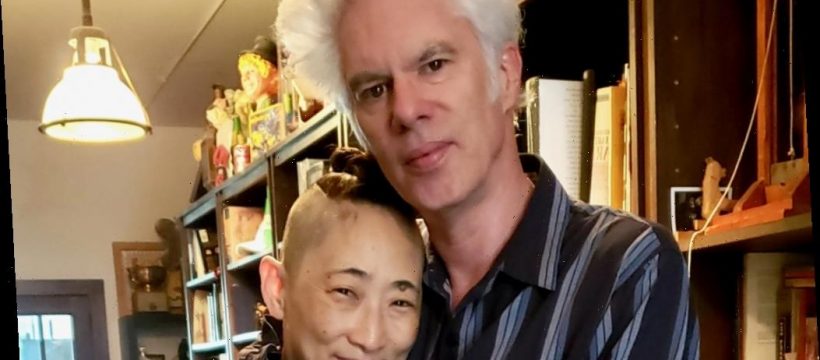Sophia Chang’s career is nothing, if not colorful. The Korean Canadian storyteller, screenwriter and author has a pilot in the works at FX for her original dramedy, tentatively titled “The Baddest Bitch in the Room,” Variety has learned exclusively. The show is named after her memoir, which hits bookshelves on Tuesday and chronicles her life growing up with immigrant parents, working as manager of the Wu-Tang Clan, marrying a Shaolin monk and becoming “the first Asian woman in hip hop.”
And in the same way Chang has pursued her dreams, she wants to empower other women of color to do so, as well. On Monday, Chang announced the launch of Unlock Her Potential, a mentorship program for women of color who want to break into the entertainment industry and beyond.
The idea for the program came to Chang when she was delivering a lecture at Columbia University. A Black woman stood up, said that she didn’t have a mentor and asked Chang how she might be able to find one. Looking at her own experiences with mentors throughout her career in hip hop managing the Wu-Tang Clan and through writing books and screenplays, Chang wants other women of color to have the same support network.
“What I’m trying to do with Unlock Her Potential is force America’s gaze,” Chang said. “There is so little mentorship for women of color. When people say that they have mentorship programs for women, I know what that means: it means a white women majority because white is the default in this country.”
On June 22, Chang started reaching out to her contacts and, in less than three days, had more than 100 mentors interested in the program, including directors Charles Stone III and Jim Jarmusch. Around 500 women signed up for updates about the program on her website within a month. In order to qualify, mentees must identify as a woman of color and must be 18 or older, although Unlock Her Potential is open to all ages.
“I actually had somebody email me recently, and she’s in her 50s. And she said, ‘I’m in my 50s. Can I be mentored?’ And I said, ‘Absolutely,’” Chang said. “This isn’t just for young women of color. This is for any woman of color who wants professional guidance, who thinks that they could benefit from somebody who has more experience and wisdom in a particular arena than they do.”
With the launch of her website, Chang will start accepting applications for a variety of different disciplines: Television, film, music, academia, science, fine art, victims’ rights, culinary arts, fashion, finance and human resources. When applicants sign up, they can choose their discipline and mentor. Chang and her team will then sift through the applications, and the mentors will choose who they would like to work alongside. Unlock Her Potential is a free program that includes a one-hour mentoring session per month for a year.
It’s an effort to build a pipeline to industries where women of color are still underrepresented. Stone, who directed “Drumline” and “Mr. 3000,” said the hardest part is often finding the path to break through and harness their potential.
“The mentorship program, in this case, could end up being me as just this massive library,” Stone said. “It might not be like, ‘You’re going to be doing a feature film.’ It may just be a situation where she gets exposed to a great deal of stuff. There’s a psychological and emotional aspect to being an artist. If she believes she has the right to share her ideas to the public. Just that alone is f—ing everything.”
For Jarmusch, this will be his first time stepping into a mentorship role. “I want to see what their intentions are, what is it they want to do, if they even know, which they don’t have to, and see if I can be a guide,” Jarmusch said. “If it’s someone who wants to make films, maybe we’ll watch films separately and then talk about them together. If it’s about writing, maybe we’ll read something separately together and talk about it. I’m going to just be open and sort of follow them and see how I can be helpful.”
For Chang, it’s also an opportunity to dismantle some of the systemic racism that has precluded women of color from advancing, and give them the confidence and resources to make their dreams come to fruition.
“I want this to become part of the national discourse around how to further the progress of women of color and how important it is to have women of color, not just as tokens, not just as window dressing, but actually in decision-making positions, because we’re f—ing good at it,” Chang said. “This is a saying that I’m very proud of: ‘Diversity and inclusion, unless it results in conversion, is nothing other than a diversion.’”
(Pictured: Jim Jarmusch and Sophia Chang)
Source: Read Full Article
